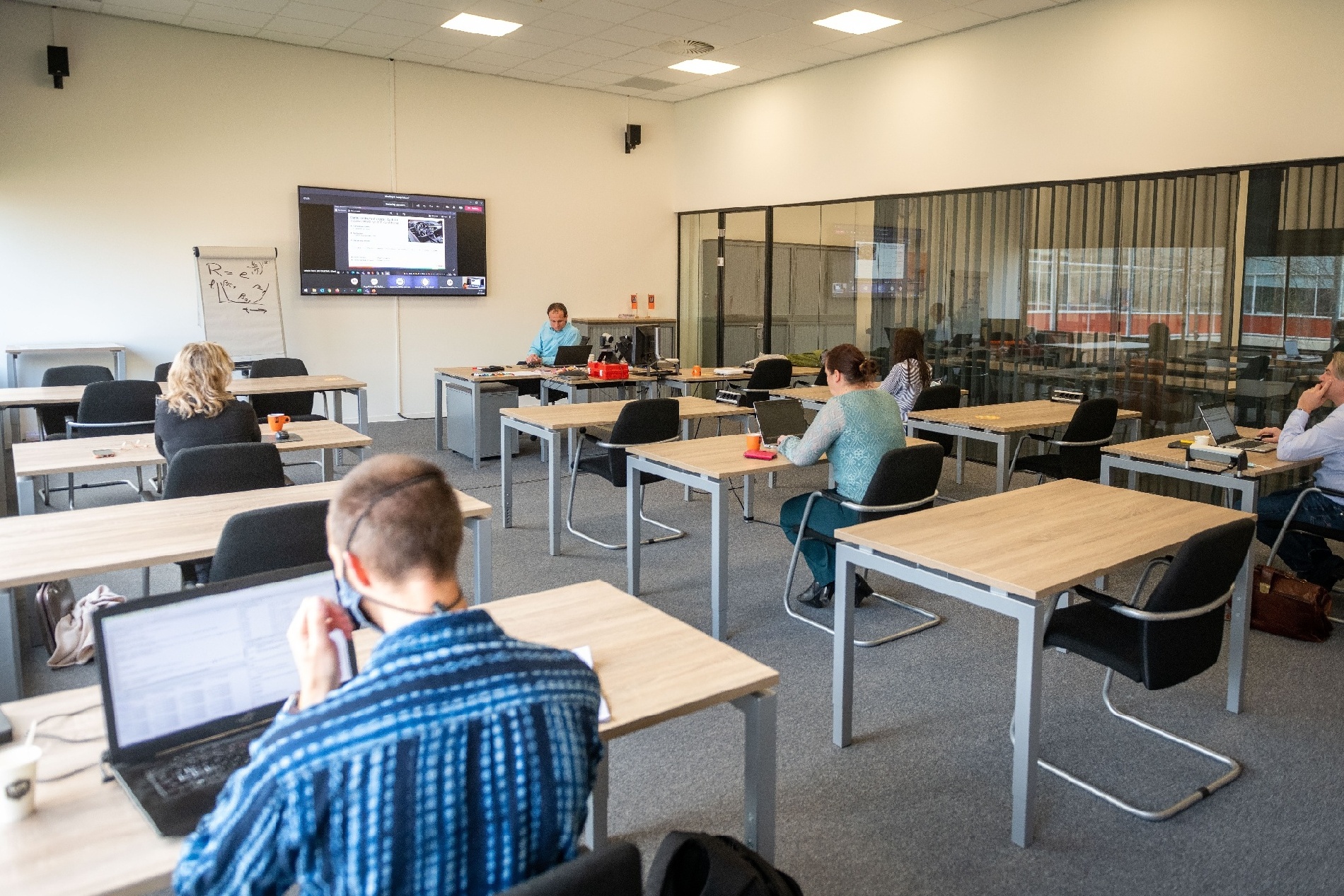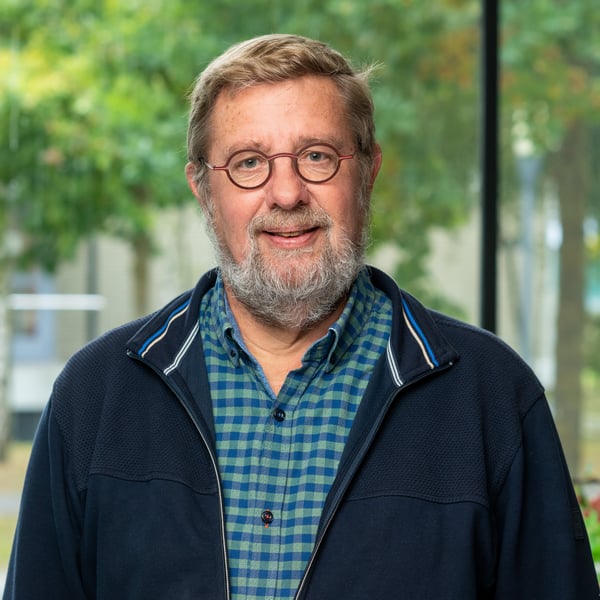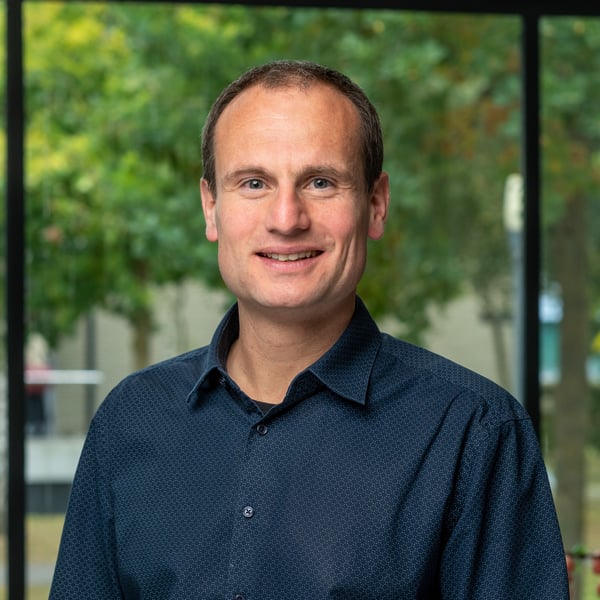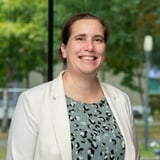- Introduction to Statistical Engineering
- MSE test | scoring transform | concentration diagrams
- Decision tools / split types | strategy diagrams
- GP/TP analysis | parts swap analysis
- Y-X scatterplots | process flow diagrams | multi-vari | active multi-vari
Course information
- 5 days
- 4 March, 1 April, 6 May, 10 & 29 June
Investment
The investment is €3.675,- (excl. VAT) per participant.
Included are the 5 training days, extensive course material, project support during training days, daily lunch and drinks

Curious?
Talk to our academy advisorRF10 - Problem Solving through Statistical Engineering
Does any of the following sound familiar? "We're not sure if we've truly solved the problem." "The root cause analysis team has tried many things, but nothing seems to work." "We don't have enough resources for root cause analysis." In such cases, the Problem Solving through Statistical Engineering training provides insights into how to break through the deadlock using the latest techniques.
This training is focused on structured and efficient root cause analysis to resolve product issues. It centers on the use of the Statistical Engineering (SE) method to professionally and independently identify the main cause of problems. SE capitalizes on the fact that a single root cause contributes most significantly to the problem, with the aim of finding and understanding it, leading to the right solution.

With this course you’ll learn:
- How the Statistical Engineering methodology works
- How to deal with failing products and how to report progress to management
- To become a complete problem solver
Teaching professionals.

Dr. Ko Dousma
Sr. Product Process Specialist & Master Black Belt
Dr. Ir. Coen Smits
Scientific Director ReliabilityCourse: Problem Solving through Statistical Engineering.
Outcome
This training clarifies why and how the SE method works. This method aids in establishing the framework for problem analysis and understanding a measurement system. Furthermore, it provides insights into which products and data need to be examined and which statistical tools should be used. The SE methodology encompasses many specialized tools that will be extensively taught during this training. Participants learn how to handle defective products and report progress to management. With this training, you will become a well-rounded problem solver.

Problem Solving through Statistical Engineering
Yes, I'm joining.
What you’ll learn.
Overview program day 1-3
What you'll learn on day 1, day 2 and day 3 of the course
Overview program day 4-5
What you'll learn on day 4 and day 5 of the course
- Mixer noise case
- Logical pairs | resistance limit transforms | new vs present testing
- Group comparisons | clue lists | operations search
- Black Belt in problem solving basics | process specification graphs | precontrol / process control | executive summary
- Full factorial DoE | rank order anova | case studies
Practical information.
For whom
This training aims at all engineers and specialists working in technical areas. The training is specifically meant for those who want to learn the efficient root cause analysis methods and be able to apply them in their own organization.
Certificate
After completing the full course, you receive proof of participation.
Moreover, the course can serve as one of the modules to obtain the Certificate Reliability Engineer according to VDI 4002.
Location & Dates
Location
Eindhoven – High Tech Campus 29
Dates 2026
4 March, 1 April, 6 May, 10 & 29 June
Group size
Maximum number of participants: 16.
Relevant courses.
HI-RF 01 Life Data Analysis and Reliability Testing
Reliability System EngineeringPredict the reliability of your product based on field and test data.

- 6 days
HI-RF 02 System Reliability
Reliability System EngineeringBecome a reliability engineer to perform reliability and risk analyses of complex systems.

- 5 days
HI-RF 06 Software Reliability
Reliability System EngineeringBecome a software reliability engineering professional capable of supporting the creation of Reliable Software for complex systems.

- 3 days
HI-RF 09 Physics of Failure
ReliabilityAcquire practical and detailed knowledge on failure mechanisms in products and their impact on reliability.

- 4 days
- October 1 - October 1

.jpg?width=200&name=Holland%20Innovative%20summer%20academy%20-%20Project%20Management%20Masterclass%202%20(2).jpg)